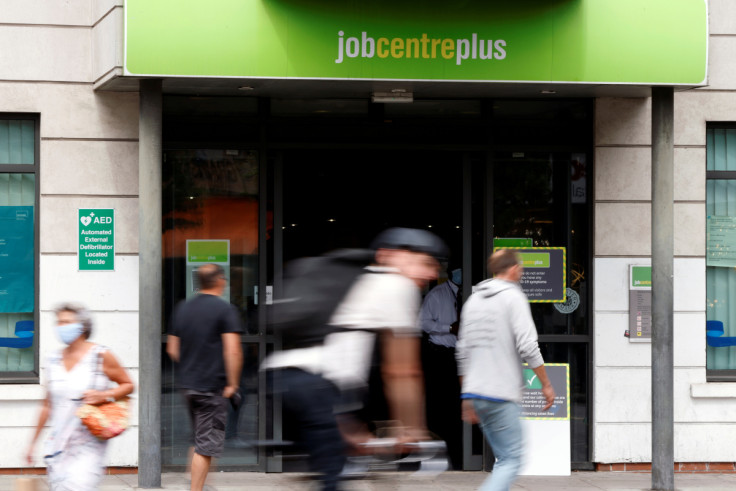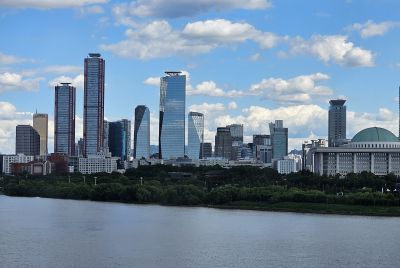Strong UK pay growth boosts chance of Bank of England rate rise
British wages rose faster than anticipated last month, in a move that economists judge may tip the Bank of England towards a further rise in interest rates next month, despite an unexpected increase in joblessness too.

British wages rose faster than anticipated last month, in a move that economists judge may tip the Bank of England towards a further rise in interest rates next month, despite an unexpected increase in joblessness too.
The Office for National Statistics (ONS) said the unemployment rate edged up to 3.8% - its highest since the second quarter of 2022 - rather than holding at 3.7%, as forecast by economists in a Reuters poll.
Annual pay growth for the three months to January was revised up to 5.9% and held at that level for the three months to February - above all forecasts in the Reuters poll, which had pointed to a drop to 5.1%. Excluding bonuses, wage growth held at 6.6%.
Sterling strengthened and government bond yields rose to a one-month high after the data, as financial markets saw a more than 80% chance of the Bank of England (BoE) raising interest rates to 4.5% in May to help bring down inflation, which was above 10% in February.
"For those of us expecting the Bank of England to keep interest rates unchanged next month, the latest surprise pick-up in UK wage growth undoubtedly puts a spanner in the works," said James Smith, economist at ING.
High inflation meant that in real terms, average earnings in the three months to February were 4.1% lower than a year earlier, one of the biggest annual drops since ONS records started in 2001.
Discontent about pay has been especially high in the public sector, leading to widespread industrial action since late last year. Junior doctors are the latest group to strike, seeking a 35% pay rise to compensate for below-inflation pay rises over more than a decade.
COMING OFF THE BOIL?
The BoE has said pay growth will be a key factor in its assessment of whether last year's surge in inflation to its highest in more than 40 years will create a lasting inflationary dynamic in Britain, which now has higher inflation than the United States or the euro zone.
Earlier this month, BoE Chief Economist Huw Pill said he saw signs that pay growth might be slowing, but that it was too early to say the BoE's job was done on interest rates, which it has increased 11 times since December 2021.
However, Jack Kennedy, economist at recruitment website Indeed, said there were signs the labour market was "coming off the boil".
Tuesday's ONS data showed a further fall in the number of job vacancies - though they remain 30% higher than before the COVID-19 pandemic - and Kennedy said Indeed data showed fewer employers were offering bonuses to new starters than last year.
Economic inactivity dropped sharply over the quarter to its lowest since May 2022 at 21.1%, due largely to a jump in the number of students seeking jobs. But long-term sickness in the working-age population - a major problem since the pandemic - rose to a record high in absolute terms.
Despite a hefty increase of 169,000 over the past three months in the number of people in work - more than three times the increase forecast in a Reuters poll - the total number of people in work remains slightly below pre-pandemic levels.
Every other major rich economy has seen employment rates fully recover from the pandemic.
"Progress in the labour market is painfully slow," said Tony Wilson, director of the Institute for Employment Studies. "Three years on from the start of the pandemic, it's clearer than ever that we are being left behind by other major economies."
Employment minister Guy Opperman said the government would require some unemployed people to spend more time with employment advisers and was providing extra training and childcare funding.
Copyright Thomson Reuters. All rights reserved.





















